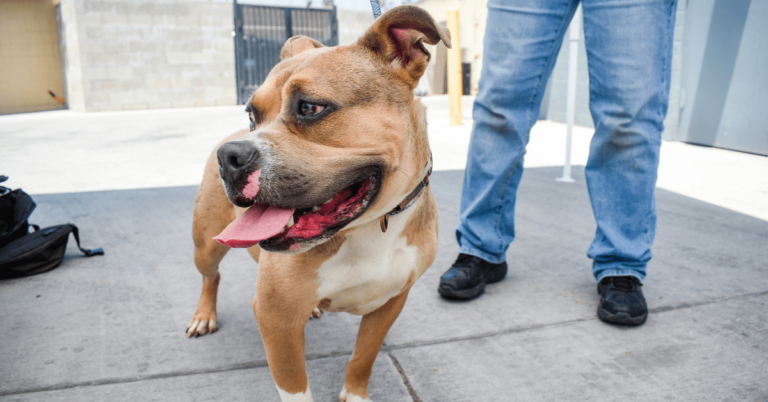Senior Pet Care: Extending Your Pet’s Lifespan


Senior pet care is important! As pet owners, it stands to reason that we want our pets to live as long as possible. It seems like just yesterday they were puppies and kittens. Here are tips for extending your pet’s lifespan and making sure that their senior years are happy and healthy.
Preventative Care
The main trick to senior pet care is keeping up with preventative care after they reach the age of 7. You might need to implement changes in diet or medication. Speak to your vet about switching from adult pet food to food for senior animals. The vet might also suggest special supplements to support things like proper joint health. As always, keep your pet’s vaccinations up to date and take your dog or cat to the vet twice a year for regular checkups.
At home, make sure your pet has a supportive bed for old joints. Keep their teeth clean as dental problems can lead to more serious health issues. Vets find dental disease in younger pets as well. Cleaning your animal’s teeth prevents plaque buildup and tooth loss. Dental disease hurts and can keep your pet from eating meals. Lastly, walk dogs regularly to keep their bodies strong.
Diet
As mentioned before, reevaluate your animal’s diet as part of senior pet care. Senior pets are more prone to obesity, so senior pet food contains less fat but the same amount of protein as adult pet food. Closely monitor your dog or cat’s weight. Obesity can cause several health issues, such as diabetes and a decrease in mobility. In fact, obesity is a major health problem in cats of all ages. Make sure your senior pet isn’t underweight either!
Games
Having fun is also important to senior pet care! Don’t let your senior pet get bored. Just like senior humans doing crossword puzzles, games and puzzles are also beneficial for older pets. It keeps their minds sharp and bodies fit. A sleepy pet is generally a happier pet since they don’t get as bored easily and don’t have pent-up energy. Games also burn extra calories and keep muscles and joints healthy.
Pay Close Attention to Changes in Behavior
Animals obviously can’t tell you when they feel sick or something hurts, so be on the lookout for changes in behavior. Small things like aggression, increased lethargy and decrease in appetite signal there might be a problem.
Senior pets are more prone to certain diseases and disorders including:
- Cancer
- Prostate disease
- Cognitive disorders
- Deafness
- Arthritis
- Vision problems such as cataracts
- Liver disease
- Kidney disease
- Intestinal issues
- Dental disease
- Diabetes mellitus
- Hip dysplasia
This list isn’t meant to scare you! It’s just a list of things to be prepared for and ask your vet about.
Comfort
Another key to keeping your older cat or dog happy is making small changes in your home. Some senior pets have greater difficulty regulating their body temperature. You might find you need to turn up your heat or air conditioning. In the winter months, they might need a sweater. Make sure they have access to plenty of water in the heat and consider turning on a fan.
You know your pet best. Just keep a close eye on them and make these changes to their diet and lifestyle. With the help of a vet, your animal will live a long and happy life!



